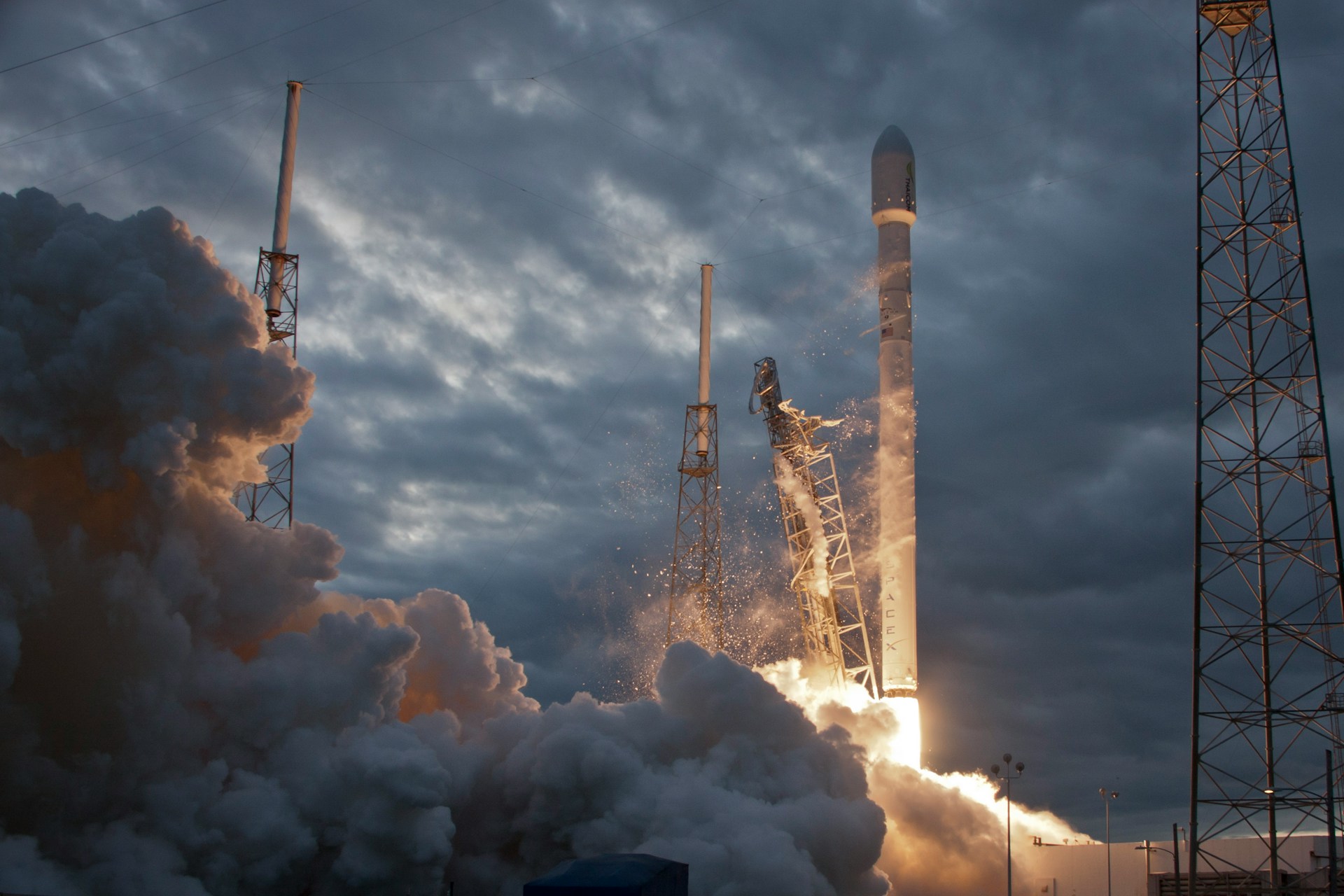Emerging Space Startups Disrupting Satellite Industry
In recent years, a new wave of innovation has swept through the satellite industry, shaking up the status quo and challenging established norms. This article delves into the emergence of space startups and their disruptive impact on the satellite industry, ushering in a new era of exploration and connectivity.
Overview of Satellite Industry
Traditionally, the satellite industry has been dominated by government agencies and large corporations, with high barriers to entry limiting competition and innovation. However, this landscape is rapidly evolving, driven by technological advancements and a growing demand for satellite-based services.
Emerging Trends in Space Startups
The rise of private space companies has been instrumental in reshaping the satellite industry. With ambitious goals and access to cutting-edge technology, these startups are pushing the boundaries of what’s possible in space exploration and satellite communication.
Key Players in the Space Startup Scene
Among the key players in this burgeoning industry are SpaceX, founded by Elon Musk, which has revolutionized space travel with its reusable rocket technology. Blue Origin, led by Jeff Bezos, is another major player, focusing on developing reusable launch vehicles to reduce the cost of space travel. Rocket Lab, a New Zealand-based startup, is making waves with its small satellite launch capabilities, catering to the growing demand for microsatellite deployment. Additionally, OneWeb aims to bridge the digital divide by deploying a constellation of satellites to provide affordable internet access worldwide.
Impact on Satellite Communication
The emergence of space startups has had a profound impact on satellite communication. By offering more affordable and frequent satellite launches, these companies have made it easier for businesses and governments to deploy and maintain satellite networks. This, in turn, has led to enhanced connectivity, enabling seamless communication across the globe.
Space Tourism and Exploration
Beyond satellite communication, space startups are also driving advancements in space tourism and exploration. With companies like SpaceX and Blue Origin working towards making space travel more accessible to the public, we’re on the cusp of a new era of human spaceflight. Furthermore, there’s growing interest in lunar and interplanetary missions, with startups leading the charge in exploring new frontiers.
Challenges and Future Outlook
Despite their promise, space startups face numerous challenges, including regulatory hurdles and environmental concerns. However, with continued investment and innovation, the future looks bright for the satellite industry. As technology continues to evolve and costs decrease, we can expect to see even greater disruption and innovation in the years to come.
Conclusion
In conclusion, space startups are playing a pivotal role in disrupting the satellite industry, driving innovation and opening up new opportunities for exploration and connectivity. With the continued advancement of technology and the increasing interest in space exploration, the sky’s no longer the limit – it’s just the beginning.
FAQs
- How are space startups funded? Space startups are typically funded through a combination of venture capital, government grants, and private investment. Companies like SpaceX and Blue Origin have attracted billions of dollars in funding from investors keen on supporting the future of space exploration.
- What is the role of government in regulating space startups? Governments play a crucial role in regulating space activities to ensure safety, security, and compliance with international laws and treaties. Regulatory bodies like the Federal Aviation Administration (FAA) in the United States oversee commercial space launches and operations, issuing licenses and enforcing safety standards.
- Will space startups replace traditional aerospace companies? While space startups are disrupting the industry and challenging traditional aerospace companies, it’s unlikely that they’ll completely replace them. Established aerospace companies still play a significant role in space exploration and defense contracts, but they’re increasingly partnering with startups to leverage their innovation and agility.
- Are space startups contributing to space debris? Space debris is a growing concern, and while space startups are launching more satellites into orbit, they’re also taking steps to mitigate the risk of collisions and debris accumulation. Companies are designing satellites with deorbiting capabilities and adhering to best practices for responsible space operations to minimize their impact on space debris.
- How can individuals get involved in space startups? There are various ways for individuals to get involved in space startups, from pursuing careers in aerospace engineering and science to investing in space-related companies through crowdfunding platforms or venture capital firms. Additionally, volunteering or participating in space advocacy groups can provide opportunities to support and contribute to the industry’s growth and development.
